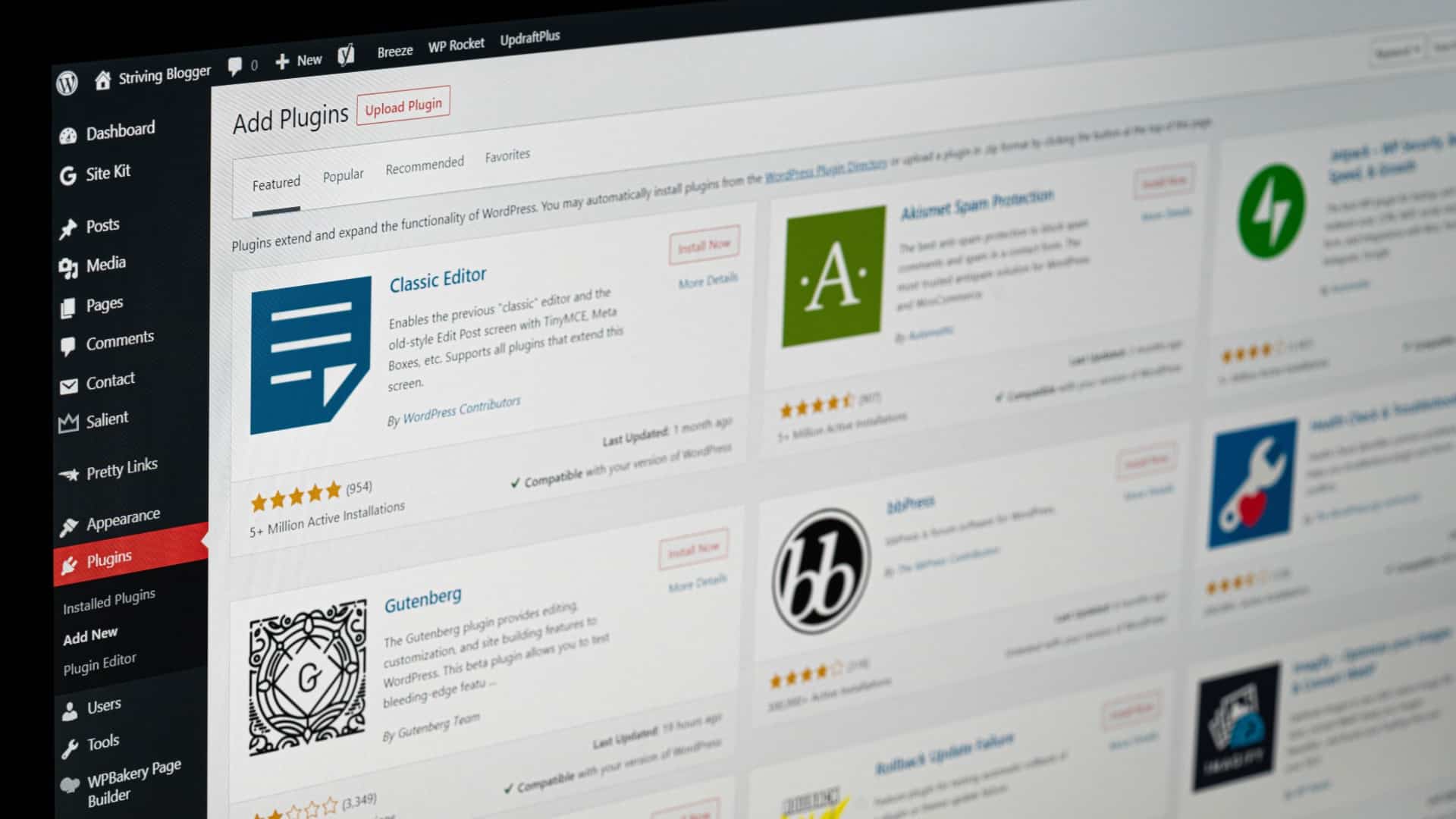In the fast-paced world of digital business, maintaining a website isn’t a one-time task but an ongoing commitment to ensuring optimal performance, security, and user experience. This blog delves into the importance of regular website maintenance, highlighting its impact on business continuity, customer trust, and online reputation.
Regular website maintenance encompasses a range of tasks that collectively contribute to the overall health and performance of your site. Here’s why it should be a priority for every business:
- Enhanced Security: Websites are prime targets for cyber threats, including malware, phishing attacks, and data breaches. Regular maintenance involves installing security patches, updating software, and conducting security audits to mitigate these risks and safeguard sensitive information.
- Improved Performance and Speed: A well-maintained website loads faster, providing visitors with a seamless browsing experience. Maintenance tasks such as optimizing images, cleaning up unnecessary code, and implementing caching mechanisms contribute to improved page load times and reduced bounce rates.
- Content Accuracy and Freshness: Outdated content can deter visitors and harm your search engine rankings. Regular maintenance ensures that all content—from product descriptions to blog posts—is accurate, relevant, and aligned with your current business objectives.
- Backup and Disaster Recovery: Unforeseen events such as server failures or accidental data loss can disrupt your operations. Regular backups and disaster recovery plans ensure that you can quickly restore your website to its previous state without significant downtime or loss of data.
- Compliance with Industry Standards: As regulations and web standards evolve, your website must remain compliant to avoid penalties and maintain user trust. Regular maintenance includes adhering to accessibility guidelines, GDPR compliance, and other industry-specific requirements.
By investing in regular website maintenance, businesses can proactively address potential issues, optimize performance, and provide a secure and reliable online experience for their customers. It’s not just about preserving your website—it’s about fortifying your digital presence and staying ahead in today’s competitive landscape.


